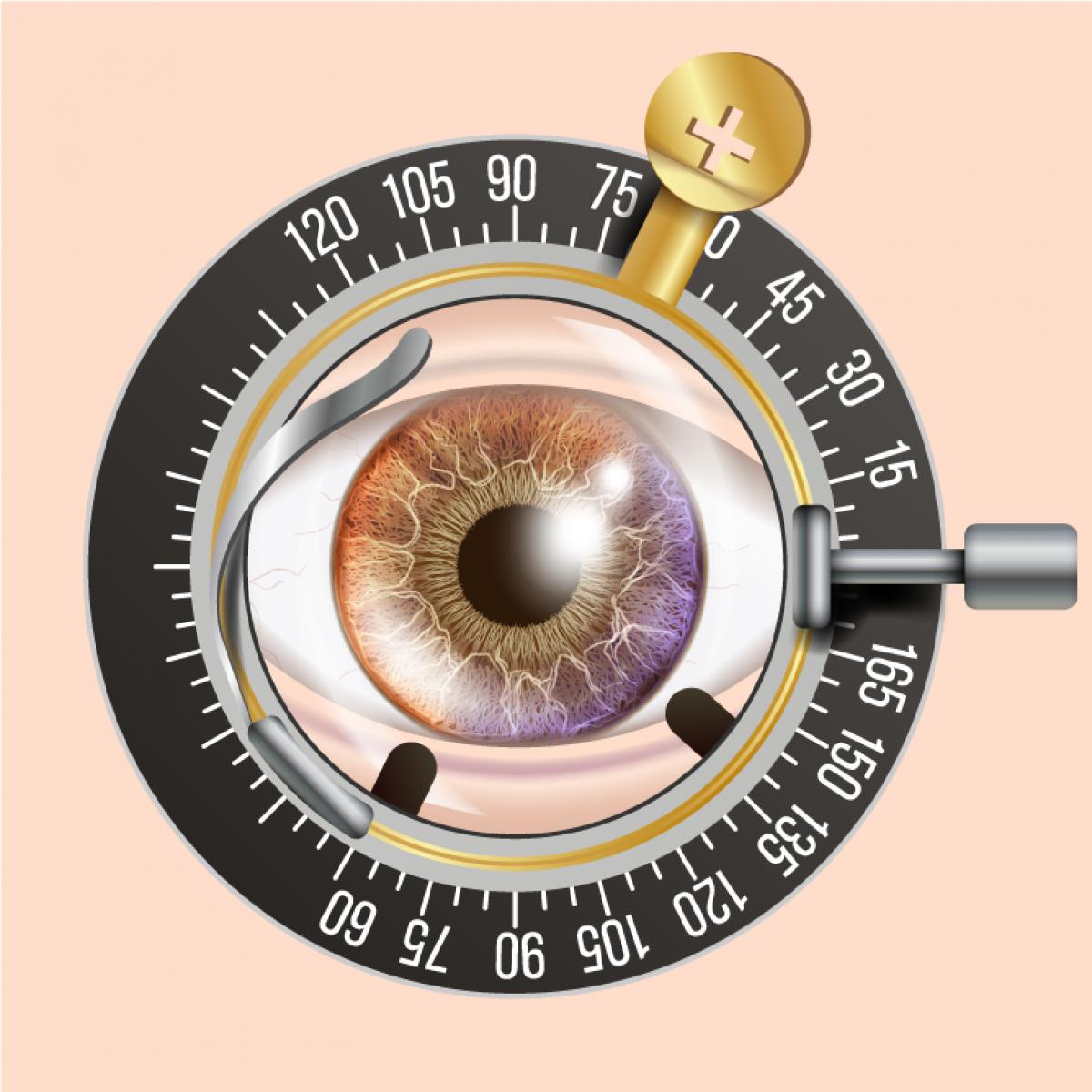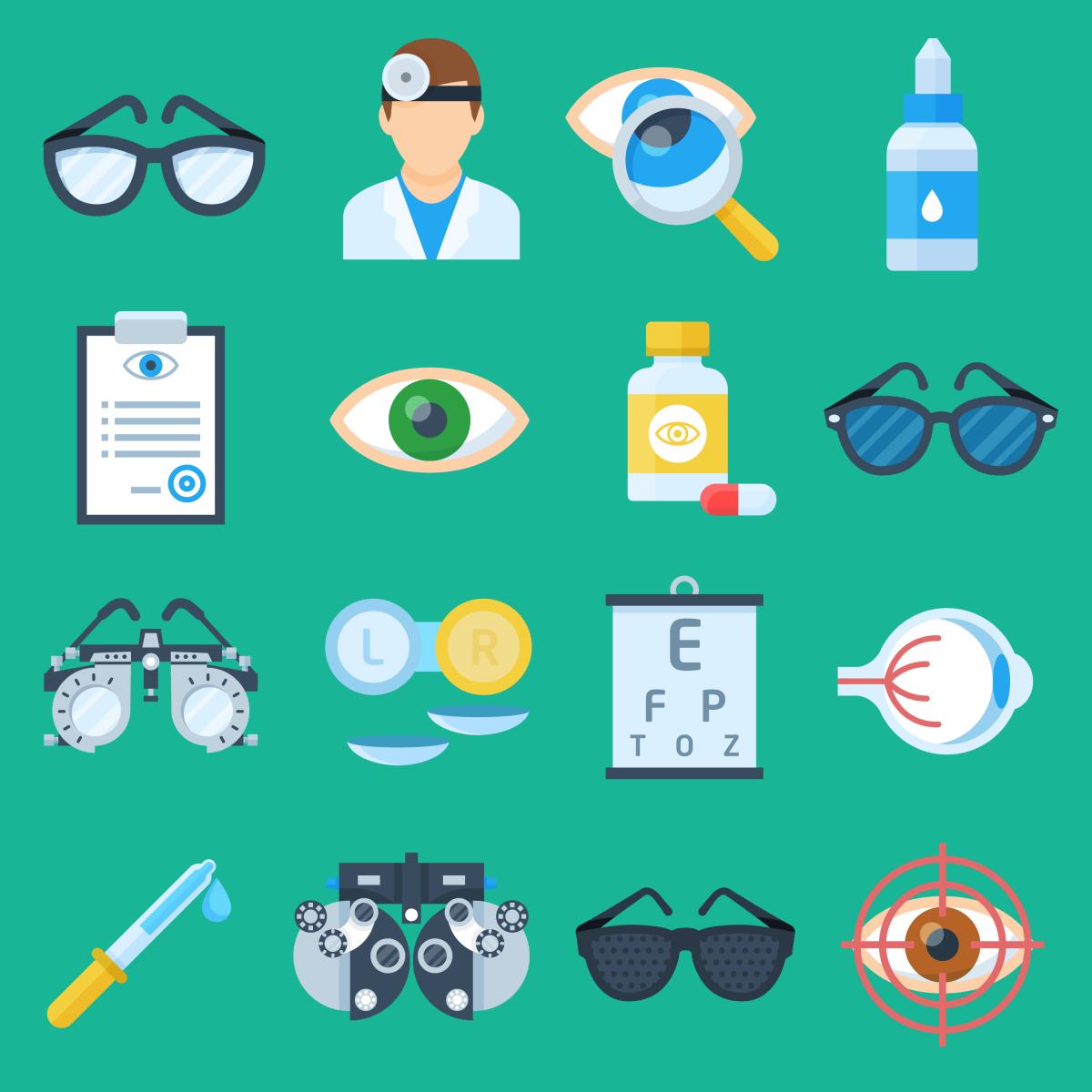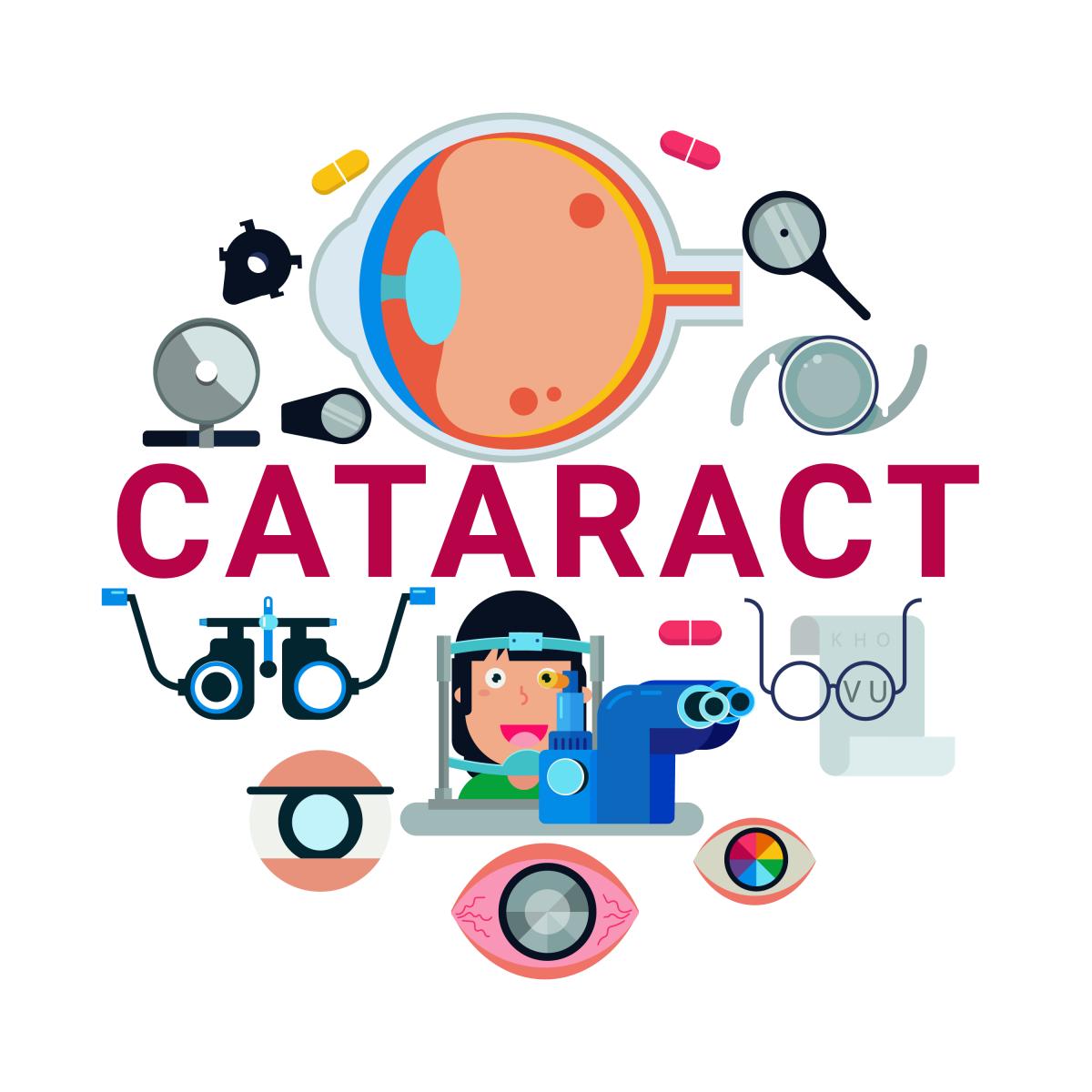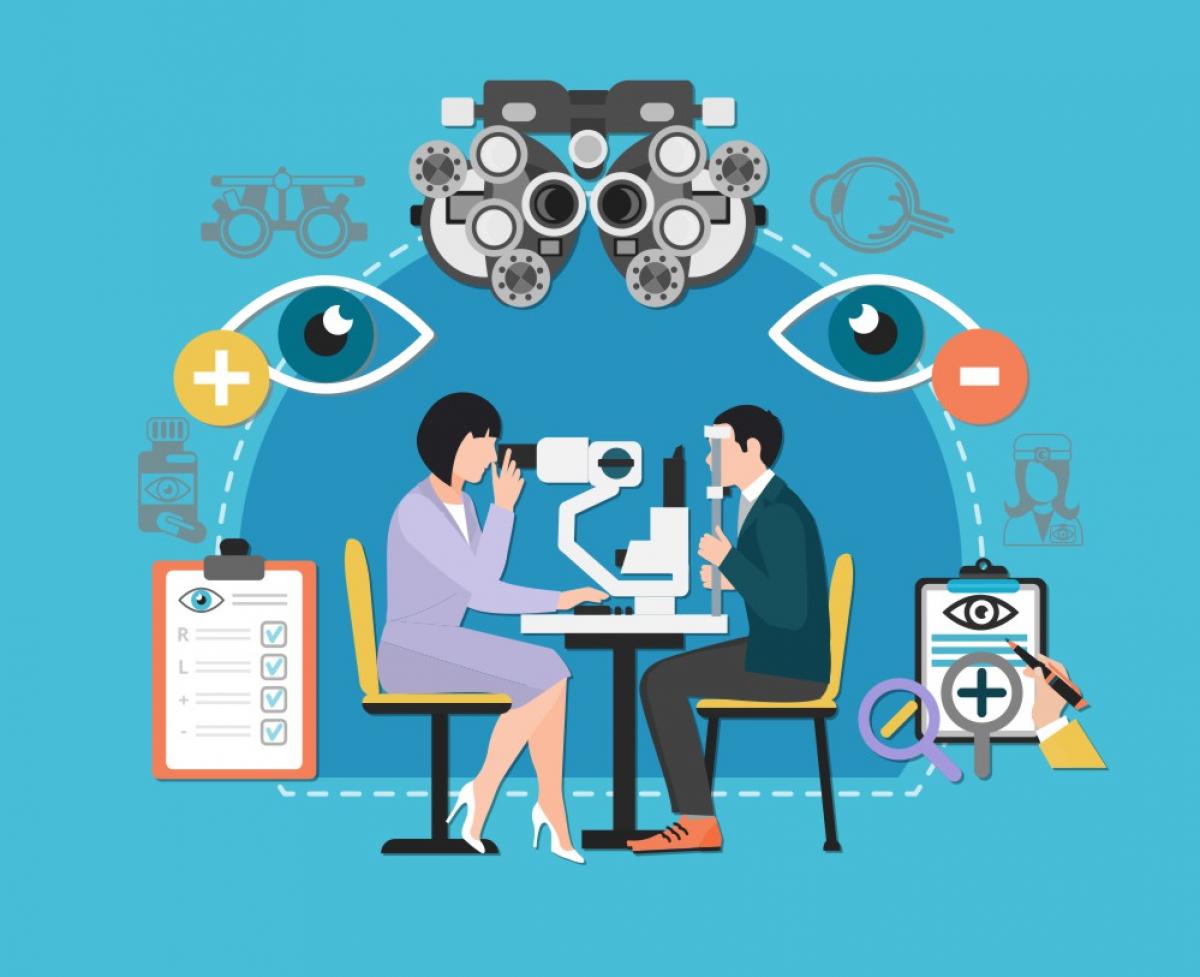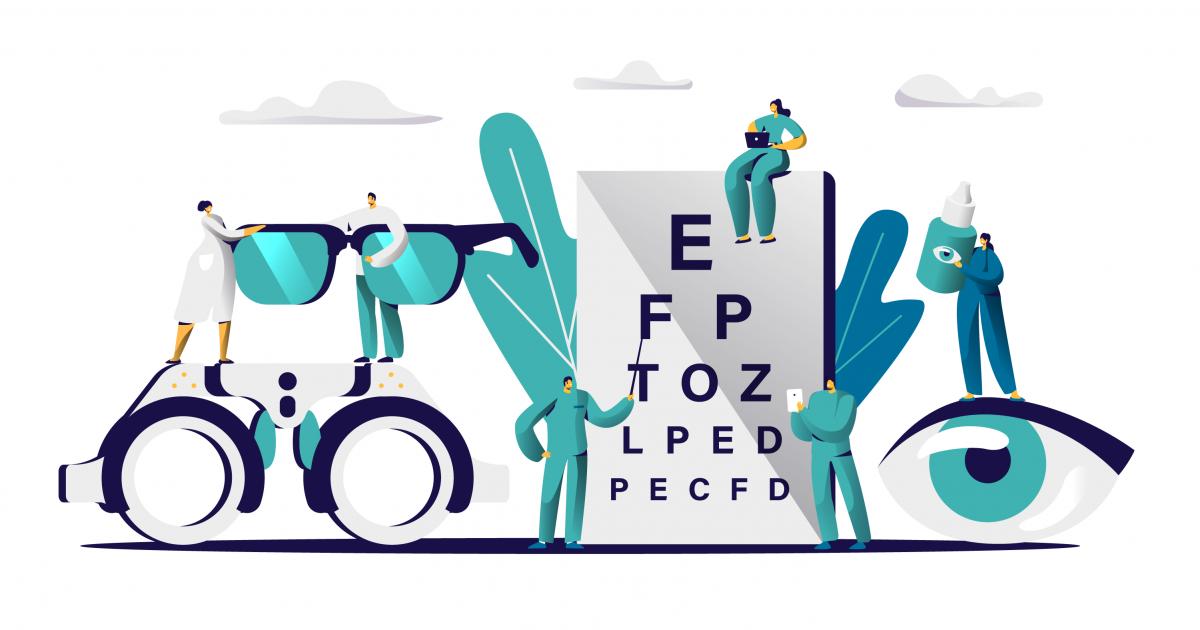How many appointments / visits is cataract surgery?
Published in Cataract Pre-Surgery Questions
How many appointments / visits is cataract surgery?
In this area, the number of surgeon visits is typically 3 + 2 Optometry co-management visits. The number depends on the surgeon and co-management arrangements at other clinics (such as ours).
Surgeon visit #1 – consultation to assess cataract and ocular health / prioritize / educate on options
Surgeon visit #2 – measurements done for lens selection (typically done with technician)
Surgeon visit #3 – surgery day (some surgeons do a later-same-day follow-up)
~Surgeon visit #4 – possible next day visit to surgeon’s clinic or co-management facility
Visit #5 – possible 1 week visit to surgeon’s clinic or co-management facility
Visit #6 – 1 month follow-up and refraction (new glasses prescription)
